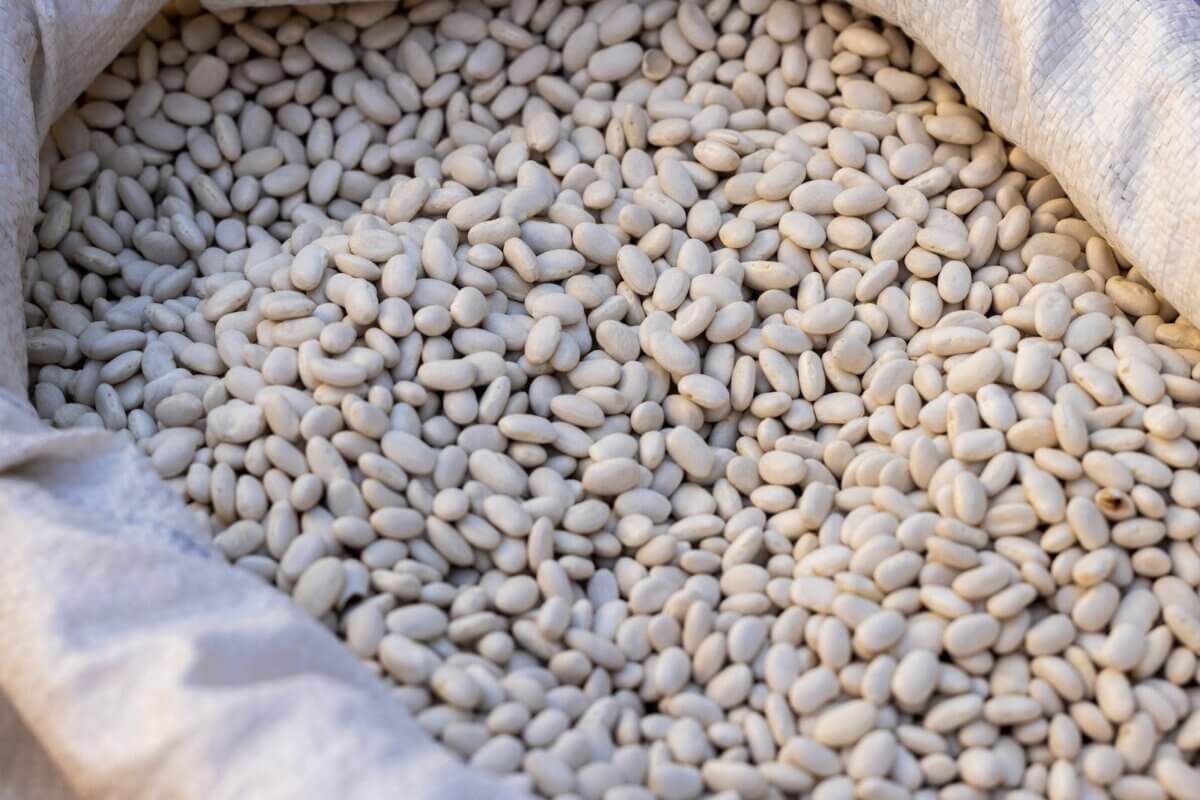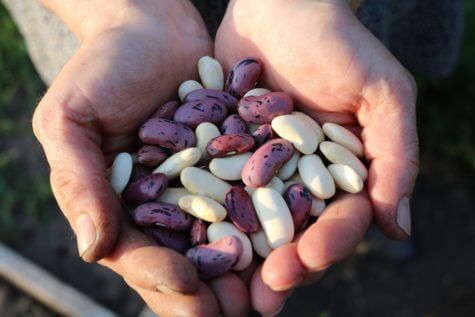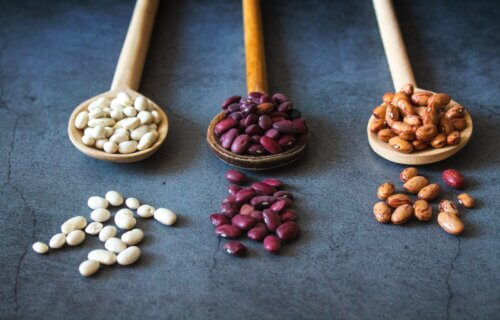HOUSTON — Beans may be small, but they make a massive difference in our stomachs. Adding navy beans to the diets of colorectal cancer (CRC) survivors can pay serious health dividends in the long run, according to researchers from The University of Texas MD Anderson Cancer Center. Study authors explain that simply eating more beans can help CRC survivors improve their gut health, as well as regulate both immune and inflammatory processes.
Moreover, they add that incorporating navy beans into one’s diet can diversify the gut microbiome, consequently aiding in cancer prevention and treatment. More specifically, people who added one cup of navy beans every day to their usual meals experienced positive changes in their gut microbiome, which is associated with cancer prevention and improved treatment outcomes.
These changes included a surge in alpha diversity, or beneficial bacteria (Faecalibacterium, Eubacterium, and Bifidobacterium), as well as a drop off in pathogenic, or opportunistic, bacteria.
“Observing a shift in microbiome diversity with diet intervention alone is rare, and this study underscores the ability of a readily available prebiotic food to bring about such changes,” says corresponding author Carrie Daniel-MacDougall, Ph.D., associate professor of Epidemiology, in a media release. “Over the course of eight weeks, there was an improvement in participants’ gut health, marked by an increase in beneficial bacteria, which wards off the harmful bacteria.”

Any number of factors, such as obesity, poor diet, or gastrointestinal issues, can lead to disturbances in a person’s normal microbial balance. For patients who have had or still have CRC, such changes usually result in inflammation that can impact survival chances. Even with post-cancer treatment or precancerous polyp removal, a poor diet and unbalanced gut microbiome can hinder heart disease and cancer prevention efforts.
Beans, meanwhile, are chock full of gut-supporting fibers, amino acids, and other nutrients capable of helping the beneficial bacteria in the human colon flourish, as well as supporting immune health and regulating inflammation. Prof. Daniel-MacDougall explains that this is especially true of small white navy beans.
Despite navy beans largely being quite accessible and affordable, these legumes are often avoided by Americans over mild or acute gastrointestinal side-effects that can be mitigated by proper preparation and consistent consumption.
The research team stresses that people shouldn’t try this diet without first speaking to a doctor, as it may cause a negative impact without the right guidance. More research is necessary in order to properly determine how best to use dietary changes to lower cancer risk or improve treatment outcomes.
The trial that provided the data used for this study, called BE GONE, tracked 48 men and women over the age of 30 who met the criteria for obesity according to body mass index (BMI) or waist size, with each person having a history of bowel lesions. This sample also included those with a history of CRC (75%) and/or high-risk, precancerous polyps of the colon or rectum detected by a colonoscopy. For a total of eight weeks, participants either followed their usual diet or added a cup of organic, canned, pressure-cooked white navy beans every day.

Importantly, the volunteers were totally free to choose and prepare their own meals, with close follow-up and counseling provided by the study dietitian. Every four weeks, they submitted stool and fasting blood samples to analyze shifts in the gut microbiome as well as any changes to host metabolites and markers.
Study authors considered people adherent to the diet if they consumed at least 80 percent of the beans over the intervention period and followed the prescribed regimen at least five days weekly. However, it’s important to note this project was limited somewhat by participant aversion to continually consuming navy beans. No serious side-effects, however, were reported.
“The beans did not appear to induce gut inflammation or seriously impact bowel habits, which is crucial for CRC survivors and patients,” Prof. Daniel-MacDougall adds. “However, once participants stopped eating the beans, the positive effects faded quickly, highlighting the need to educate patients on how to maintain healthy habits.”
All in all, the study authors say this work highlights the therapeutic role of naturally prebiotic-rich foods and also emphasizes the urgent need for consistent and sustainable dietary adjustments tailored to high-risk cancer patients. Moving forward, they will focus on a wider variety of prebiotic foods and how changes to the microbiome may influence patients undergoing immunotherapies.
The study is published in the journal eBIOMedicine.
You might also be interested in:
- 6 Immune-Boosting Foods for a Healthier You
- These 4 symptoms could be red flags for colorectal cancer
- 2 things may be making cancer more common among younger Americans

